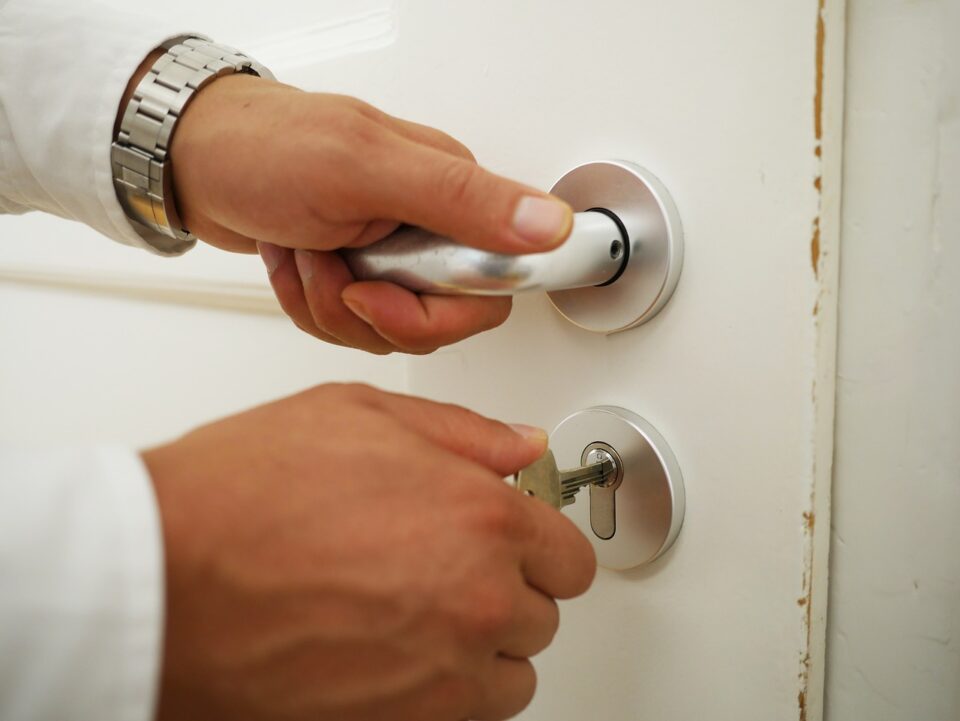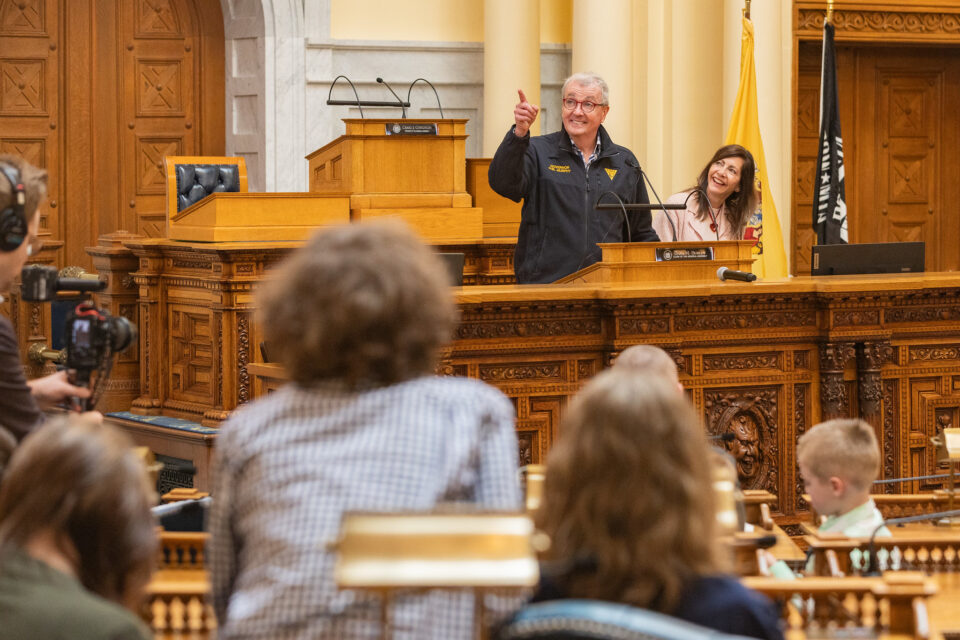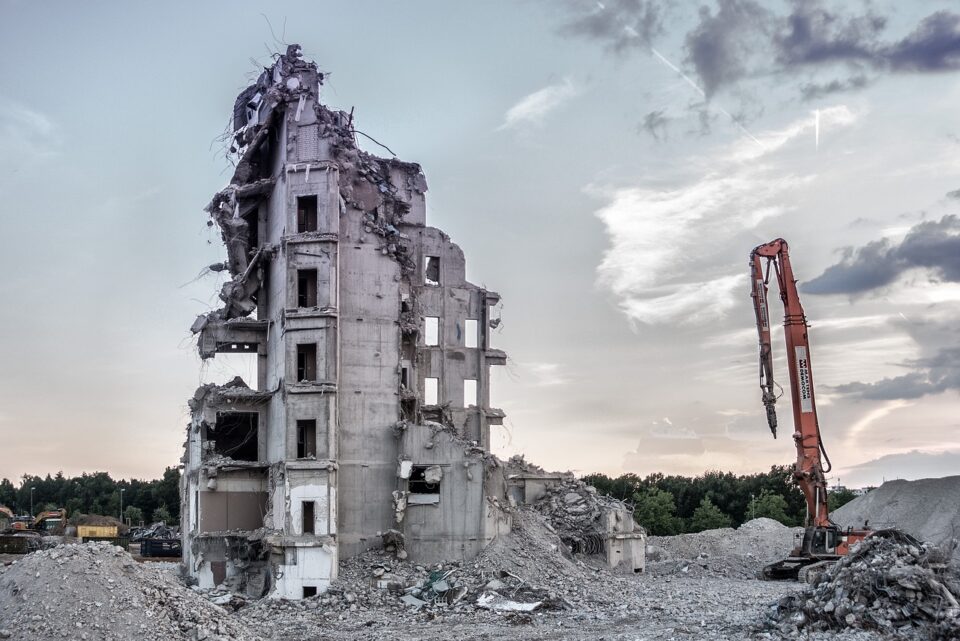
Just Out: Special Education Schools Are Safe.
March 4, 2024
Montclair’s Spiller Isn’t Spilling It All
March 5, 2024BREAKING: NJ Education Department Rescues Schools for Students with Disabilities!
New Jersey students with disabilities, their parents, and the specialized schools that educate them just won a big victory. On Wednesday, March 6th, at the public meeting of the State Board of Education, board members will vote to accept the recommendation of the New Jersey Department of Education to readopt with no substantive changes NJAC 6A:23A, Subchapter 18.
This means that Interim Education Commissioner Kevin Dehmer has decided to listen to experts and maintain a series of important regulations that guide schools that serve our children with severe disabilities.
In a just-released statement, ASAH, the consortium that represents New Jersey’s private special education schools, said,
“ASAH appreciate the active and ongoing engagement of the State Board of Education on this critical issue, and their commitment to listen to and consider the concerns we have raised. We are grateful that leadership in the New Jersey Department of Education has made this recommendation.”
Here is what’s happening:
The State Board of Education is charged with cyclically reviewing administrative code that governs every aspect of New Jersey public education. During these reviews, DOE leaders can recommend changes; often they are minor. However, at last month’s meeting when the board looked at Subchapter 18, which deals with processes and procedures for “Approved Private Schools for Students with Disabilities” (APSSDs), the DOE recommended major changes that could disrupt the solvency of these special schools that often serve niche populations with particular needs.
These proposals sparked an outpouring of concern from disability advocates because APSSDs’ place in NJ’s education landscape is critical; when districts turn to these schools it is because they are unable to provide mandated services for enrolled students, which they are obligated to do under federal and state law, regardless of how atypical those needs are. [Disclosure: one of my children attended an ASAH school for ten years.]
The substantive changes proposed last month by the DOE, under former Acting Commissioner Angelica Allen-McMillan, advocates argued, would affect the sustainability and resources of these schools. Among the over 200 recommendations were raising the minimum enrollment at a school from 24 students to 35 students (these are niche populations); shrinking the tuition increase cap; and (this will get a rise out of anyone familiar with behavioral issues or cares about adhering to Individualized Education Plans) limiting the annual amount spent per student per year to $20 for “trinkets and awards used for behavioral modification.”
Another recommendation retained a salary cap set in place in 2017, even though the DOE was supposed to do a salary survey but apparently didn’t bother.
One insider told me before confirmation of the Department’s reversal of Allen-McMillan’s recommendations, “this is the DOE gone awry,” noting that the proposed changes revealed “a fundamental lack of understanding of the role these schools play in the disability community.”
Yet in the nick of time the DOE and its new leader Kevin Dehmer came to the rescue of our most disadvantaged students and their families, listening to advocates and working together to address challenges in a collaborative and sensitive way. “Dehmer recognized there was a chance to make this right,” the source said, also applauding the state board members’ willingness to wade into weedy areas and ask tough questions.
The process worked! And our long-beleaguered DOE comes out smelling like a rose. Three cheers for the DOE!




